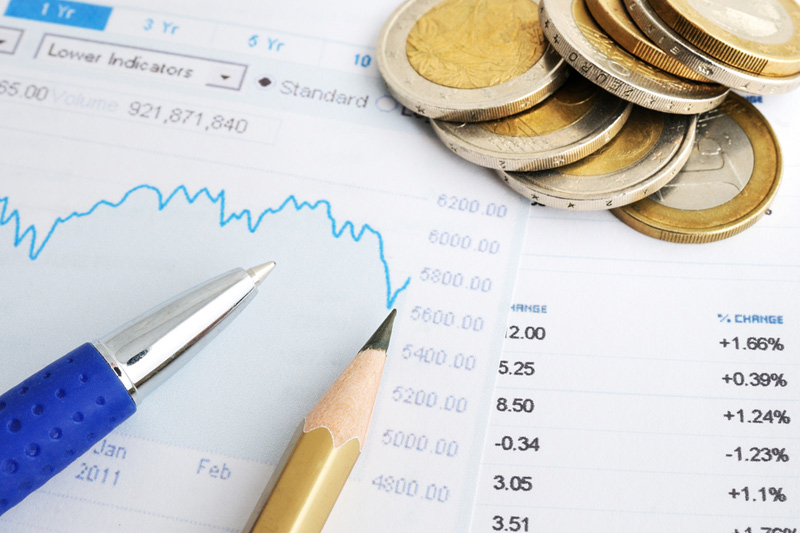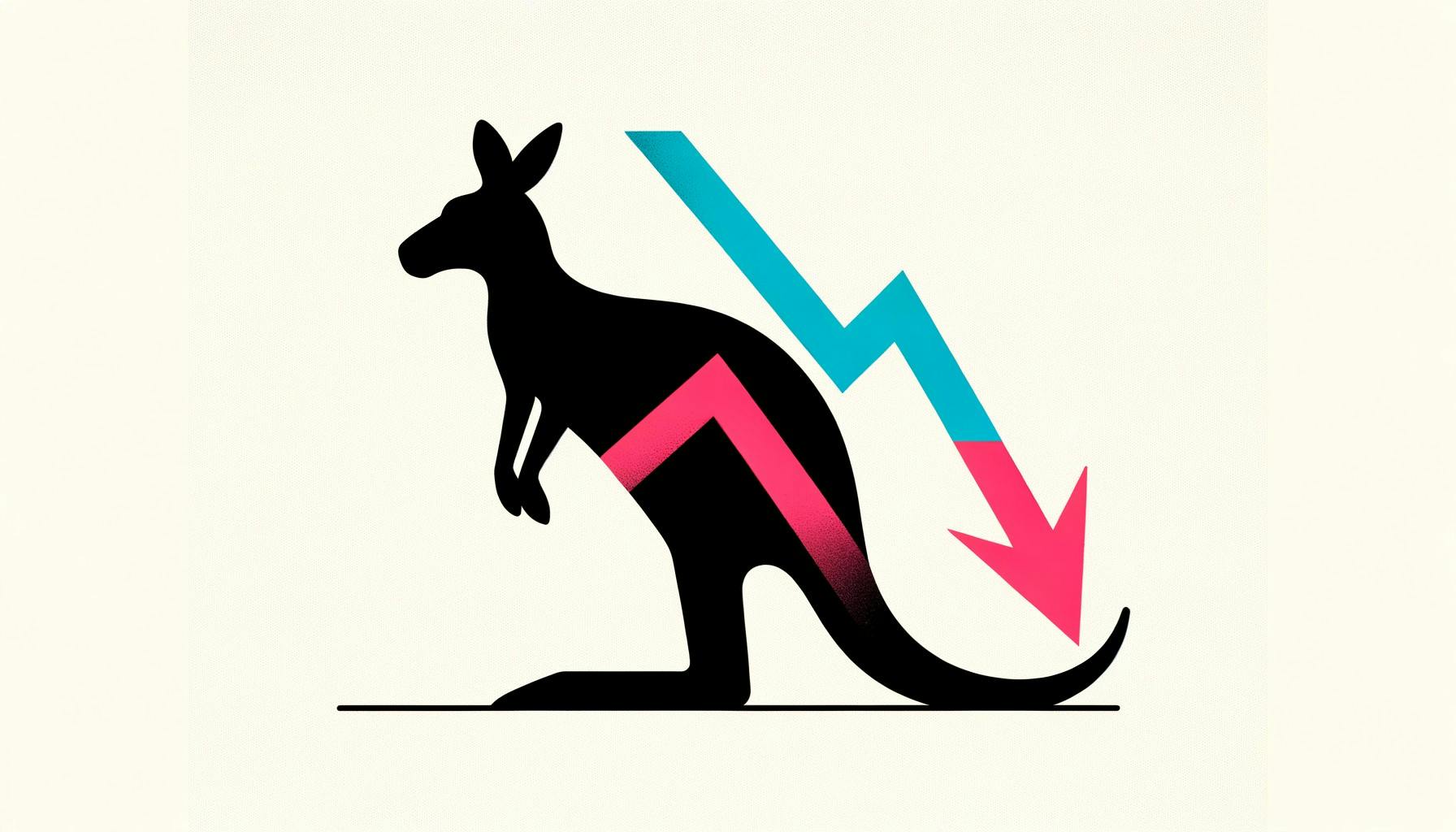Investing.com– Oil prices experienced a slight decline on Monday amid volatile trading, despite earlier gains driven by colder weather and stronger-than-expected services activity in Europe.
The drop followed some soft economic data. Annual inflation in Europe’s largest economy surpassed forecasts in December, as rising food prices and a smaller-than-expected drop in energy costs drove the increase.
In the U.S., November saw a decline in new orders for manufactured goods, reflecting reduced demand for commercial aircraft.
At 15:25 ET (20:25 GMT), expiring in March fell 0.35% to $76.24 a barrel, while fell 0.5% to $72.85 a barrel.
The crude benchmarks have recorded two straight weeks of gains on hopes of improving demand in China, especially as Beijing prepares to unlock more stimulus measures in the coming months.
But strength in the dollar limited any major gains in crude, as the greenback hit more than two-year highs before a string of key economic readings this week.
Cold weather, European PMI data spur demand hopes
Cold weather across the US and Europe is expected to spur increased demand for , potentially tightening supplies in both regions.
Snow, ice and sub-zero temperatures are expected across swathes of the US as a powerful winter storm sweeps through the country.
The storm is driven by a polar vortex, which is also expected to drop temperatures across Europe.
Sentiment was also boosted by a modest recovery in the eurozone’s services industry in December.
HCOB’s final for the bloc, compiled by S&P Global, rose to 49.6 in December from November’s 48.3.
The headline index was boosted by the bloc’s dominant services sector, whose PMI bounced back above breakeven to 51.6 from November’s 49.5, but was weighed down by a sharper decline in factory activity.
In China, traders are positioning for more stimulus measures from Beijing, amid persistent signs of economic weakness in the country. due later this week is also expected to provide more cues on the world’s biggest oil importer.
Western sanctions could hit supply
Meanwhile, Saudi Aramco (TADAWUL:), the world’s top oil exporter, has raised crude prices in February for buyers in Asia, the first increase in three months. A rise in these prices usually indicates firmer demand expectations.
On the supply front, stronger Western sanctions on Iranian and Russian oil shipments are a distinct possibility.
“There will also be concerns over how hawkish Trump will be towards Iran when he takes office later this month,” said analysts at ING, in a note.
“Stricter enforcement of sanctions against Iran would leave the market tighter than expected. However, it would also leave an opportunity for OPEC+ to increase supply.”
Dollar strong with key data, rate cuts in focus
These gains have occurred despite strength in the , which surged to an over two-year high last week amid growing conviction that the Federal Reserve will cut interest rates at a slower pace in 2025.
Two Fed officials doubled down on the central bank’s recent warning that the flight against inflation was not over, spurring increased caution that rates will remain relatively high for longer.
Their comments saw focus shift squarely to a slew of key economic readings due this week, most notably data for December, which is due on Friday.
Separately, on Monday Fed Governor Lisa Cook said the U.S. Federal Reserve could adopt a cautious approach towards further interest rate cuts.
Protectionist policies under incoming President Donald Trump are also expected to buoy the greenback. A stronger dollar pressures oil demand by making crude more expensive for international buyers.
(Ambar Warrick contributed to his article.)












Leave a Reply